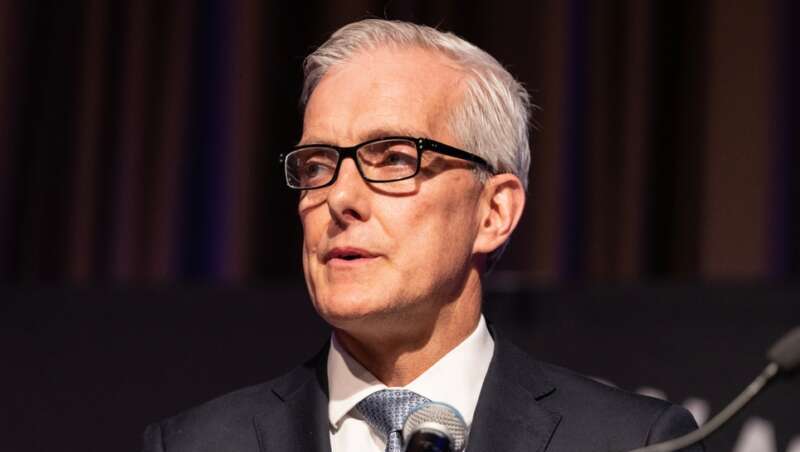
The Department of Veterans Affairs (VA) has seen a successful rollout so far of its Electronic Health Records Modernization (EHRM) program at the agency’s North Chicago site, but deploying the new system amid the Change Healthcare ransomware attack has raised new challenges.
VA Secretary Denis McDonough told lawmakers on Tuesday that last month’s rollout at the Captain James A. Lovell Federal Health Care Center (Lovell FHCC) near Chicago has been “very positive.”
However, he noted that the rollout of the EHR system at Lovell occurred “at the same time as we were experiencing challenges associated with Change Healthcare,” which is a subsidiary of the UnitedHealth Group. The ransomware attack on Change Healthcare paralyzed billing services for providers nationwide in late February.
“There are still challenges with the UnitedHealth Group. We had a very serious meeting with them just last night about that,” McDonough said during a House Appropriations Subcommittee on Military Construction and Veterans Affairs hearing on Tuesday.
“So, it’s hard to discern some of our concerns about, for example, the pharmacy function in our record, and how much of that is a reflection of Change Healthcare and the interoperability of that system with ours now, and how much of that is the new system,” he added. “But, we’ll stay on top of this.”
Nevertheless, McDonough said VA is “pleased with progress” at Lovell, and the agency plans to have serious discussions before the end of this fiscal year “about going live more broadly.”
The Lovell site is the only healthcare facility to serve both Department of Defense (DoD) and VA patients. The deployment marked the DoD’s final deployment of its EHR program – which it calls MHS GENESIS.
Additionally, the deployment was the VA’s first since announcing a reset of its EHRM program in April 2023. All future EHRM deployments are paused during this reset period while the agency and its contractor Oracle Cerner make technical improvements to the system.
“We have to get it right before leaving the current posture of reset. We are committed to this record. We’re not going to stay in reset forever,” McDonough told lawmakers.
“We’re committed to this. We see this as in the veterans’ interest. But, this only works if we have the full attention of the contractor, and we have the buy-in of our workforce,” he said. “And we’re working really hard to get that trust back from our workforce because, frankly, in the first five sites, we didn’t do a good enough job of that.”
At a separate hearing last week, McDonough told members of the House Veterans’ Affairs Committee that the VA has “existing money” available for when it decides to resume EHRM deployments.
“So, we have existing money that would not be accounted for, prior-year appropriated money not accounted for, in this year’s request that is slated and available for us when we exit reset,” he explained.
McDonough said the VA does not plan on being in reset mode for the entirety of FY2025.
